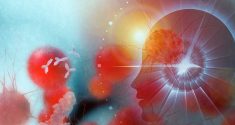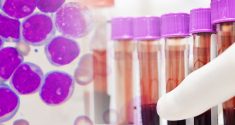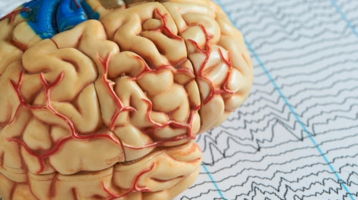Scientists and doctors have long established that there is a solid link between a disrupted circadian rhythm and some of the world’s most feared diseases. Although we know that there is a connection, we do not understand exactly how sleep interacts with our disease risk. This is particularly true in the area of cancer. People who work night shift or otherwise have a dysregulated circadian rhythm are at higher risk of a variety of types of cancer. New research suggests that a specific body clock gene protects against breast cancer and may play an integral role in this little understood connection.
The Genes That Set Your Internal Clocks
Humans are diurnal, which means that we generally sleep when it is dark and are awake when it is light. However, our circadian rhythm is much more complicated than this. Our body has a central clock that is affected by a variety of cues, including light levels, when we eat and other factors. In addition, our cells have their own clocks that govern growth, DNA repair and other essential processes.
These clocks can affect each other but operate somewhat independently most of the time. Our cells have a set of genes that help to set their own internal clocks. PER2 is a gene that is integral to helping your clocks keep in time. This gene is best known for its actions in our brain, where it helps us to use light cues to set our sleep-wake rhythms. However, it is also used in every cell of our body. PER2 tells the cells of the body when to prepare for different time-related activities using input from a variety of cues.
Interestingly, PER2 may also be the reason for a link between breast cancer and disorders of the circadian rhythm. Could this gene play double duty? A new study suggests that the PER2 gene protects against breast cancer in addition to its clock-related duties.
Links Between Breast Cancer and the Circadian Rhythm

Breast cancer appears to be especially affected by whether a person gets enough sleep. Nurses who work the evening or night shift are at especially high risk of breast cancer. Until recently, scientists did not understand the reason for this link. There have been many proposed explanations, many of which are likely true. After all, cancer usually is influenced by a variety of different factors. For instance, melatonin is known to act as an antioxidant. People who have dysregulated circadian rhythms produce less of this hormone, which may be why they are at higher breast cancer risk. Nighttime is also when our cells repair DNA damage from the day, a process that may not be completed fully when people are awake at night.
However, the circadian gene PER2 appears to play a large role in whether people develop cancer. According to a new study, the PER2 gene protects against breast cancer, which may be why shift workers are at higher risk.
How the PER2 Gene Protects Against Breast Cancer
PER2 is not just a clock gene. It also plays a huge role in the development of mammary glands, or breasts, in humans and a variety of other mammals. When we do not get enough sleep, PER2 is not transcribed as often. This in turn can lead to abnormal cell division in our breasts, ultimately leading to cancer over a long period of time. In fact, many breast cancer cells have lost the ability to transcribe PER2 as well as a variety of genes that help control growth. In addition, another study suggests that PER2 and another circadian gene called BMAL1 appear to release proteins that could lead to cancer when people do not get enough sleep. In this case, it may be better to work with your internal clocks than against them!
Although this research is still preliminary, it brings up a variety of interesting questions. Are other circadian clock genes linked to cell division and growth? Could we have found the missing link between sleeplessness and disease? Most importantly, how is a person to get enough sleep in the modern world? Although there are many questions, we can only hope that more research means more answers.







